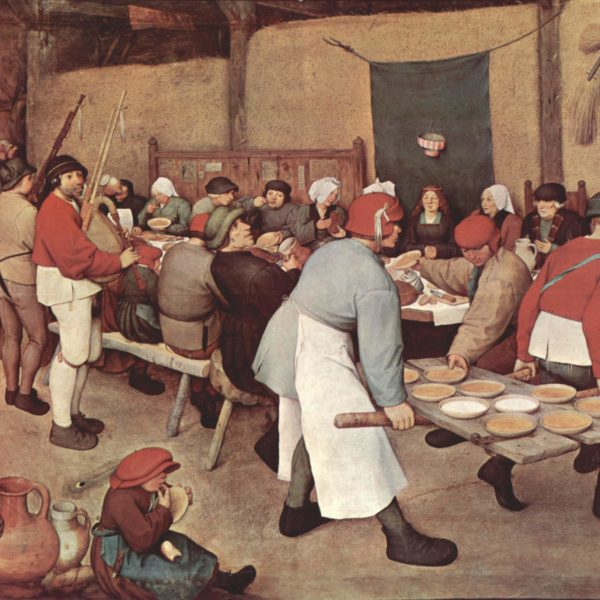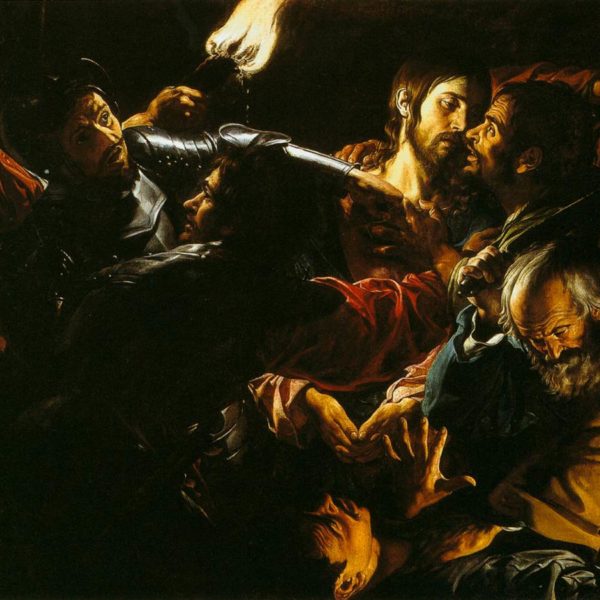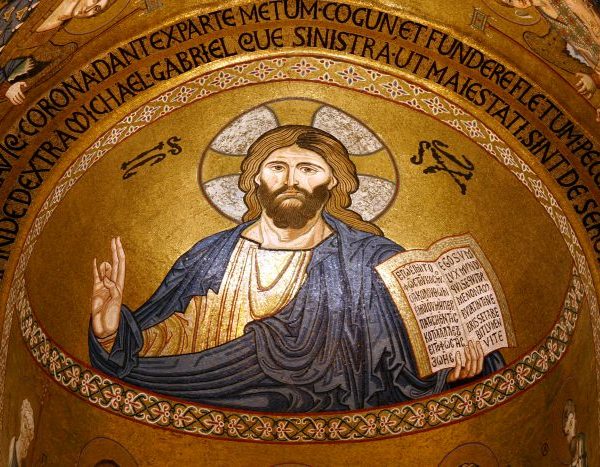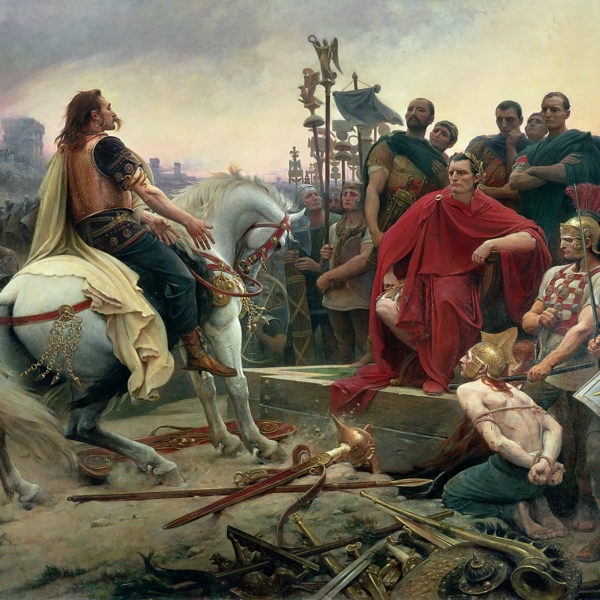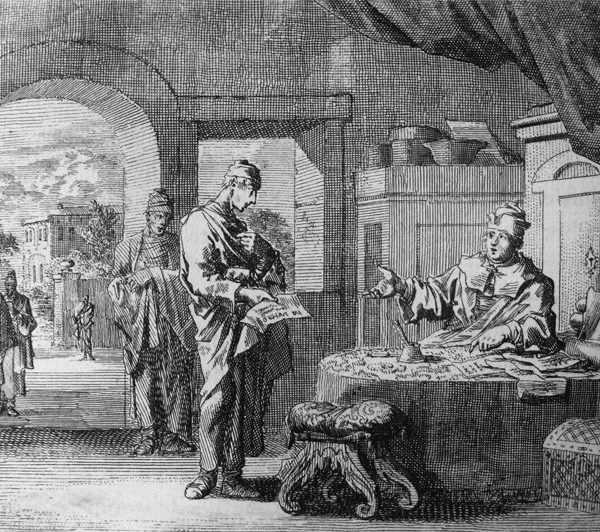
As in the case of the unjust steward in Luke 16, a radical change in our handling of money is required, if we are to survive the great day of accounting that is to come. We must use the limited time and opportunity remaining to us to escape the clutches of our greed and expend our dirty money to pursue true and incorruptible riches.
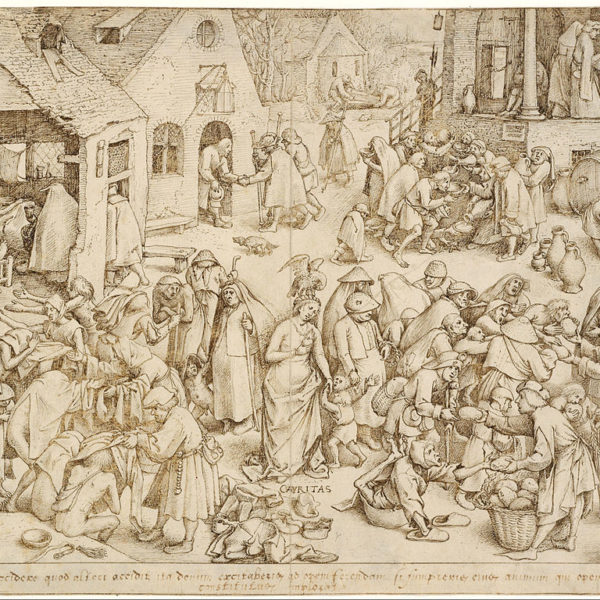
Psalm 14:1, though popularly employed to dismiss non-theists as foolish, is principally targeted against practical atheism, against those who believe that justice is without force in the universe and that all that matters is power.
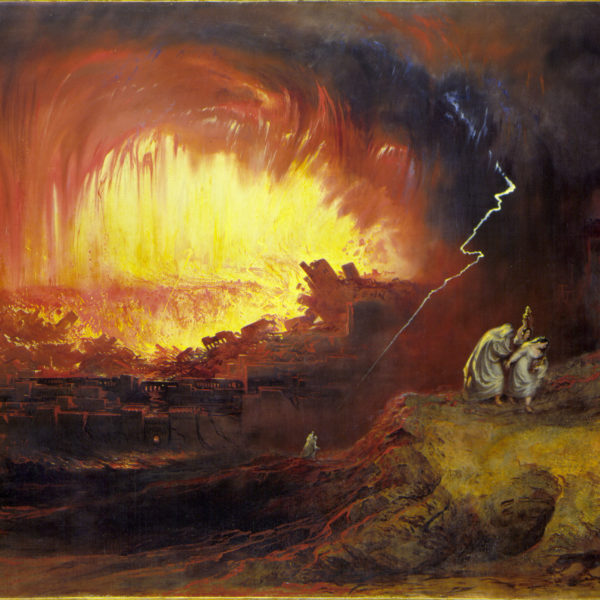
In the narrative of Abraham’s conversation with God concerning the destruction of Sodom we find an example of the faithful fulfilment of the calling of the people of God. We are to be those who seek to preserve the world from condemnation by our righteous and life-giving presence within it, tenaciously refusing to abandon it to its destruction.

In response to a question designed to test him, Jesus presents a lawyer with a series of questions in response, which evade his trap and undermine the lawyer’s attempts at self-vindication. Through his conversation, he reveals the importance of asking the right question.

